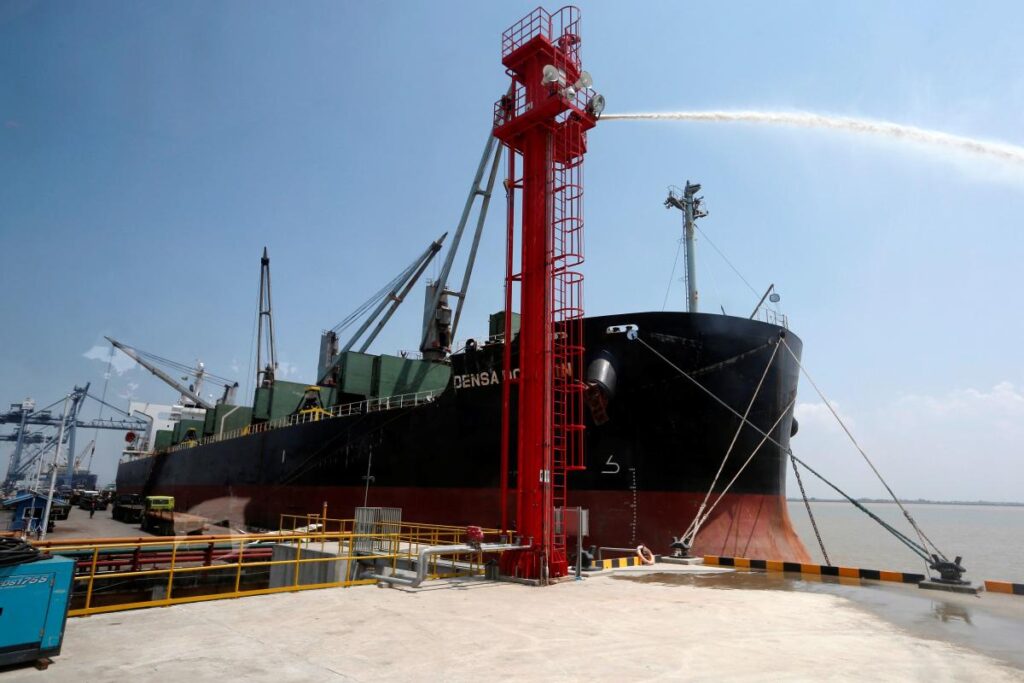The news
The bloody civil war in Myanmar is thwarting Beijing’s plans for a key trade routethe BBC reported, hampering construction work and putting the most important economic project at risk.
The China-Myanmar Economic Corridor was supposed to give Myanmar access to the world market via the Indian Ocean, lifting the impoverished country and supporting Chinese investment in energy and the extraction of lucrative rare earth metals.
But in the three years since a 2021 coup ousted Myanmar’s elected leader, the ruling military junta has lost control of much of the country which puts the multi-billion dollar project in jeopardy.


SIGNALS
China’s policy of hedging its risks is proving to be a strategic headache
China’s support to both sides in Myanmar is “nothing new,” China analyst Lucas Myers argued for War on the Rocks. Beijing’s policy toward Myanmar has long been a “hedging strategy” since the civil war broke out in 2021, Myers wrote, allowing China to ensure that whatever happens “it comes out on top.” However, with fighting in Myanmar boiling over and an ongoing scandal of Burmese cyber scammers who hundreds of thousands of Chinese citizens across the borderBeijing faces a strategic headache in managing — and arming — both the junta and the opposition rebels. Such a vested interest in Myanmar’s stability could make China the most likely outside force to negotiate peaceFulcrum, a research institute focused on Southeast Asia, said potentially exploitative interests may not provide the most beneficial solution for Myanmar itself.
Beijing fears for energy supply chains
China’s development of economic corridors in the region is part of Beijing’s goal to “influence power dynamics in South Asia and beyond,” according to the Italian Institute for International Political Studies. China is particularly concerned about its energy supply chains, which depend on the 800 km long Strait of Malacca between Malaysia and Indonesia. Ninety percent of China’s trade was by sea in 2022, and China’s dependence on foreign oil is expected to 80% by 2030which means Beijing is ready to “move heaven and earth to ease the Strait of Malacca and its potential choke point,” analyst Myers wrote in 2021 for The Wilson Center, a Washington D.C. think tank. The China-Myanmar trade route, if completed, would allow China to import vast amounts of oil and gas overland from the resource-rich country, in turn creating a “extensive, interdependent market for China,“and contributes to its “economic and political power,” wrote Chatham House, a British think tank.







